Martial Peak Reviews
T.L. Travis's Pity the Living, Not the Dead is a compelling exploration of trust, identity, and the eternal struggle between life and death. This novel, which partially appeared in the Virgin Shifters anthology, delves into the complexities of human and supernatural existence, weaving a narrative that is both haunting and thought-provoking.
At the heart of the story is Elijah Walker, a vampire who has spent centuries trying to coexist with humans. His struggle is not just with his vampiric nature but also with the moral implications of his existence. Elijah's character is a fascinating study of restraint and adaptation. He embodies the internal conflict of a creature who must balance his primal instincts with the desire to live harmoniously among humans. Travis does an excellent job of portraying Elijah's internal turmoil, making him a sympathetic character despite his supernatural nature. The author's ability to humanize Elijah, highlighting his vulnerabilities and desires, is a testament to her skill in character development.
Contrasting Elijah's eternal life is Liam Aldrich, a human bound by the expectations of his family. Liam's journey is one of self-discovery and rebellion against a predetermined path. His character represents the struggle many face when trying to break free from societal and familial constraints. Liam's internal conflict is palpable, and his interactions with Elijah serve as a catalyst for his transformation. The dynamic between Elijah and Liam is central to the narrative, providing a rich tapestry of emotional depth and tension.
The themes of trust and choice are intricately woven throughout the novel. The phrase "trust is earned, not given" resonates deeply as both Elijah and Liam navigate their respective worlds. Trust becomes a currency of sorts, a fragile bond that can either unite or divide. Travis explores how trust is built and broken, and how it influences the decisions of her characters. This theme is particularly poignant in the context of Elijah and Liam's relationship, where trust is both a necessity and a risk.
Another significant theme is the fear of the unknown, encapsulated in the line "beware of things that go bump in the night when what you really need to fear is life itself." This idea challenges the conventional horror trope by suggesting that the true terror lies not in supernatural entities but in the unpredictability of life. Travis uses this theme to underscore the existential dread that permeates the human condition, a fear that is universal and timeless.
The novel's pacing is well-executed, with a balance of introspective moments and action-driven sequences. Travis's writing style is both lyrical and accessible, making the complex themes approachable for a wide audience. Her descriptive prose brings the settings to life, creating a vivid backdrop for the unfolding drama. The atmospheric tension is palpable, drawing readers into a world where the lines between the living and the dead blur.
In comparison to other works in the supernatural genre, such as Anne Rice's Interview with the Vampire or Charlaine Harris's Sookie Stackhouse series, Pity the Living, Not the Dead stands out for its focus on the psychological and emotional aspects of its characters. While Rice and Harris often emphasize the external conflicts and societal structures of their supernatural worlds, Travis delves deeper into the internal struggles of her characters, offering a more intimate and introspective narrative.
The novel's impact lies in its ability to resonate with readers on a personal level. By exploring themes of identity, choice, and trust, Travis invites readers to reflect on their own lives and the choices they make. The story challenges readers to consider what it means to truly live and the cost of that existence. It is a narrative that lingers long after the final page is turned, prompting introspection and discussion.
Overall, Pity the Living, Not the Dead is a captivating addition to the supernatural genre. T.L. Travis has crafted a story that is both entertaining and thought-provoking, with characters that are richly developed and themes that are universally relevant. It is a novel that will appeal to fans of supernatural fiction and those who appreciate stories that explore the depths of the human (and non-human) experience. Whether you are drawn to the allure of vampires or the complexities of human relationships, this book offers a satisfying and enriching read.
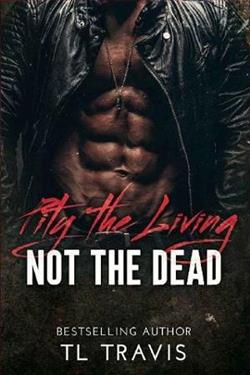



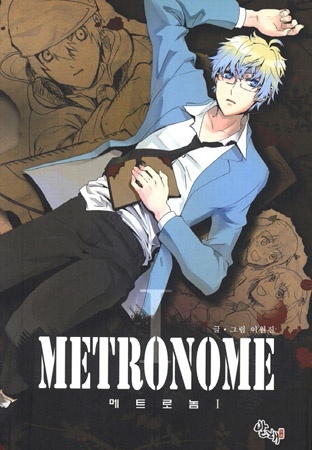

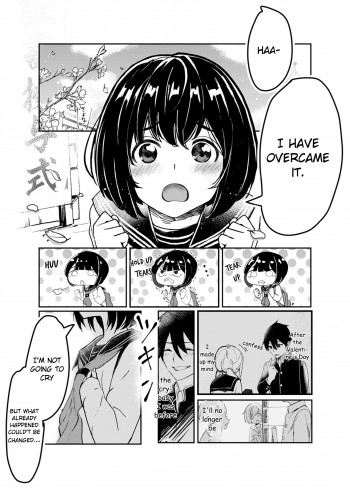

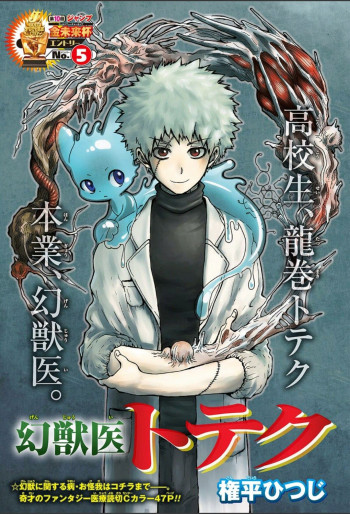


![I Became the Young Villain's Sister-in-Law [Official]](/upload/pic/manga/i-became-the-young-villains-sister-in-law--official-.jpg)
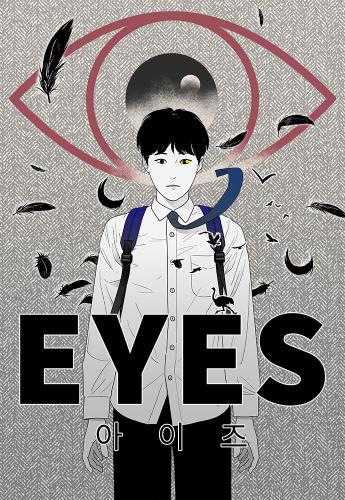
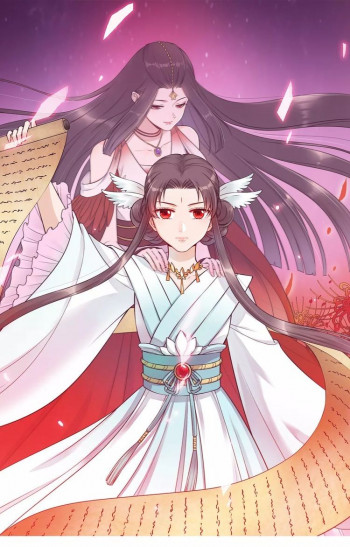










Reviews 0
Post a Reviews: